Born and raised in Calgary, Crystal is a seasoned professional with over 16 years of administrative experience, currently contributing her expertise to the Decentralised Energy Canada (DEC) team. Her career began with a heartfelt dedication to at-risk youth and children with special needs, particularly those with dual diagnoses. This early work laid a strong foundation for her subsequent role as a Psychological Assistant, where she specialized in administering and evaluating psychological testing.
Outside of her professional pursuits, Crystal is deeply passionate about fitness. As a Master Trainer in Barre and Group Fitness at Moveology, she channels her enthusiasm into motivating others and promoting a healthy lifestyle. Her academic background includes a Bachelor of Science Degree in Psychology from the University of Calgary and a Certificate of Forensic Studies from Mount Royal University, underscoring her commitment to both her field and personal growth.
We had the chance to ask Crystal about climate action, sustainability, and the role leadership plays to inspire positive change. Check out the short interview below!
Q: Where do you draw hope from in the context of sustainability and climate action?
Crystal Thomson-Dick: The rapid advancement and adoption of decentralised energy technologies gives me great optimism for the future. Innovative solutions like microgrids, community solar projects, and the rise of prosumers empower individuals and local communities to take control of their energy resources and reduce their reliance on outdated and inefficient energy systems. This shift not only democratizes access to energy, but also accelerates our transition to a more resilient and sustainable energy future. Seeing these technologies integrate and scale with existing infrastructure through various programs and projects, like DEC’s Energy Innovation Challenge, gives me hope about our collective ability to address climate challenges effectively.
"The only way we will successfully create innovative solutions that tackle both environmental and social issues is by listening to each other and working together."
Crystal Thomson-Dick
Q: What does leadership mean to you?
Crystal Thomson-Dick: The definition of leadership is an innately personal thing. Leadership for me involves collaboration, embracing new technologies, and empowering communities and individuals to drive necessary change. Effective leadership in this field requires not only continuous learning, but also resilience in the face of barriers to this change. The only way we will successfully create innovative solutions that tackle both environmental and social issues is by listening to each other and working together.
Q: How do you see the role of leadership evolving as we transition to a low-carbon, socially-inclusive economy?
Crystal Thomson-Dick: We’ve already noticed that leadership in decentralised energy is shifting towards emphasizing collaboration and inclusivity. Leaders now have to focus not only on technological advancements but also on ensuring fair access to clean energy. This means assisting both companies as well as communities in managing these complex changes, while also embracing diverse perspectives. It requires forming partnerships that encourage both environmental and social progress. In essence, effective leadership will be about tackling these unique challenges while inspiring others to come together for a sustainable future.


